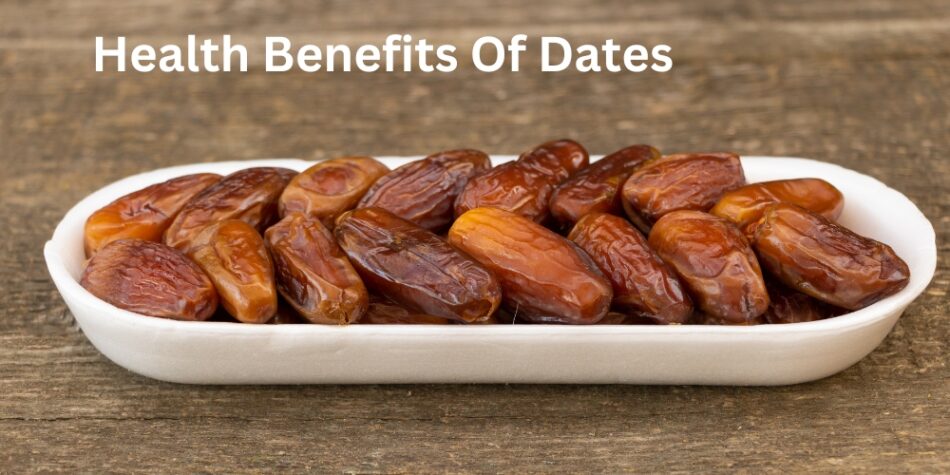Dates are a wonderful fruit to take into consideration including in your diet; they are frequently seen in their dried state. Dates provide a variety of important health advantages in addition to their sweet flavor, which can help fulfill a sugar need.
Here is a closer look at the fruit’s nutritional profile and some potential health advantages of including dates in your diet.
What Are Dates?

A date is a kind of berry that grows on the date palm tree, a variety of palm trees that has been around for 50 million years and is found in hot, dry climates.
The date fruit is rectangular, 1 to 3 inches long, and contains only one seed or pit. When dates are ripe, their hue ranges from golden brown to dark brown or black, and when they are dried, their skin develops wrinkles.
5 expert-backed health benefits of dates
- Rich in nutrition: Dates are a great source of fiber, potassium, magnesium, vitamins A and K, as well as other important nutrients. They are a good source of antioxidants as well.
- Promote digestion: Dates provide soluble and insoluble fiber that can help with digestion and avoid constipation.
- Boost brain health: Dates are known to have anti-inflammatory characteristics that can aid in preventing oxidative stress on the brain and lowering the risk of neurological disorders.
- Energy-boosting potential: Dates are a natural source of carbohydrates like sucrose, fructose, and glucose, which can provide you with a rapid energy boost.
- Support heart health: Dates are high in potassium and low in salt and cholesterol, which can help control blood pressure and lower the risk of heart disease.








